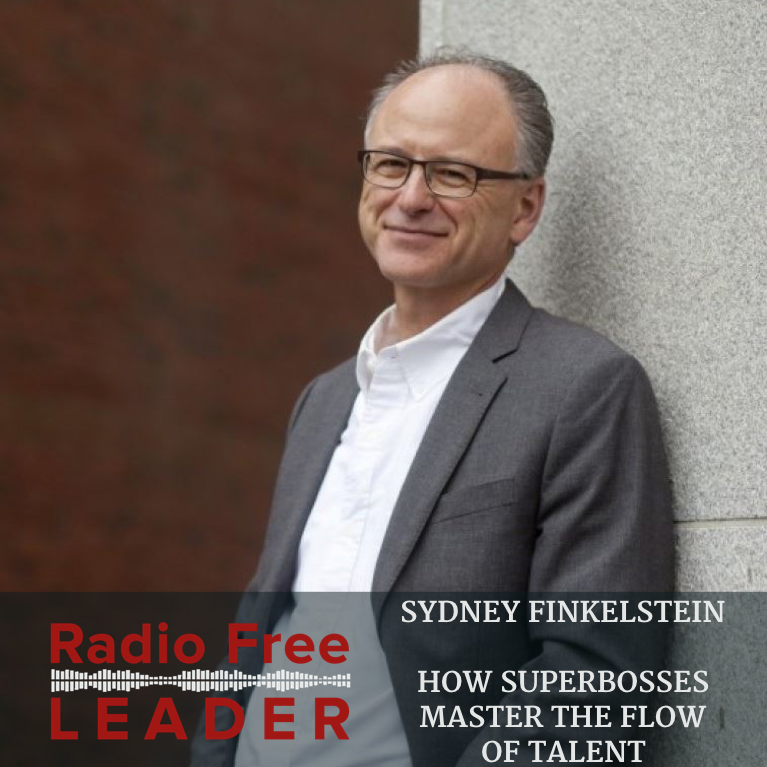
Sydney Finkelstein is the Steven Roth Professor of Management at the Tuck School of Business at Dartmouth College and the director of Tuck’s Center for Leadership. He is consistently voted one of the top thinkers in management by Thinkers50. In this episode, we discuss what he calls “SuperBosses” (also the title of his new book), and the role that exceptional managers play in personal and organizational success.
[Listen in iTunes] [Listen on Stitcher]
In This episode, You’ll Learn:
- What makes Superbosses so different
- How Superbosses find talent in new places
- Why smart leaders let their most talented people go
Resources Mentioned In This Episode:
Enjoy This Episode?
If you enjoyed the show, please rate it on iTunes or Stitcher and write a brief review. That would really help get the word out and raise the visibility of the show.

About the author
David Burkus is an organizational psychologist, keynote speaker, and bestselling author of five books on leadership and teamwork.